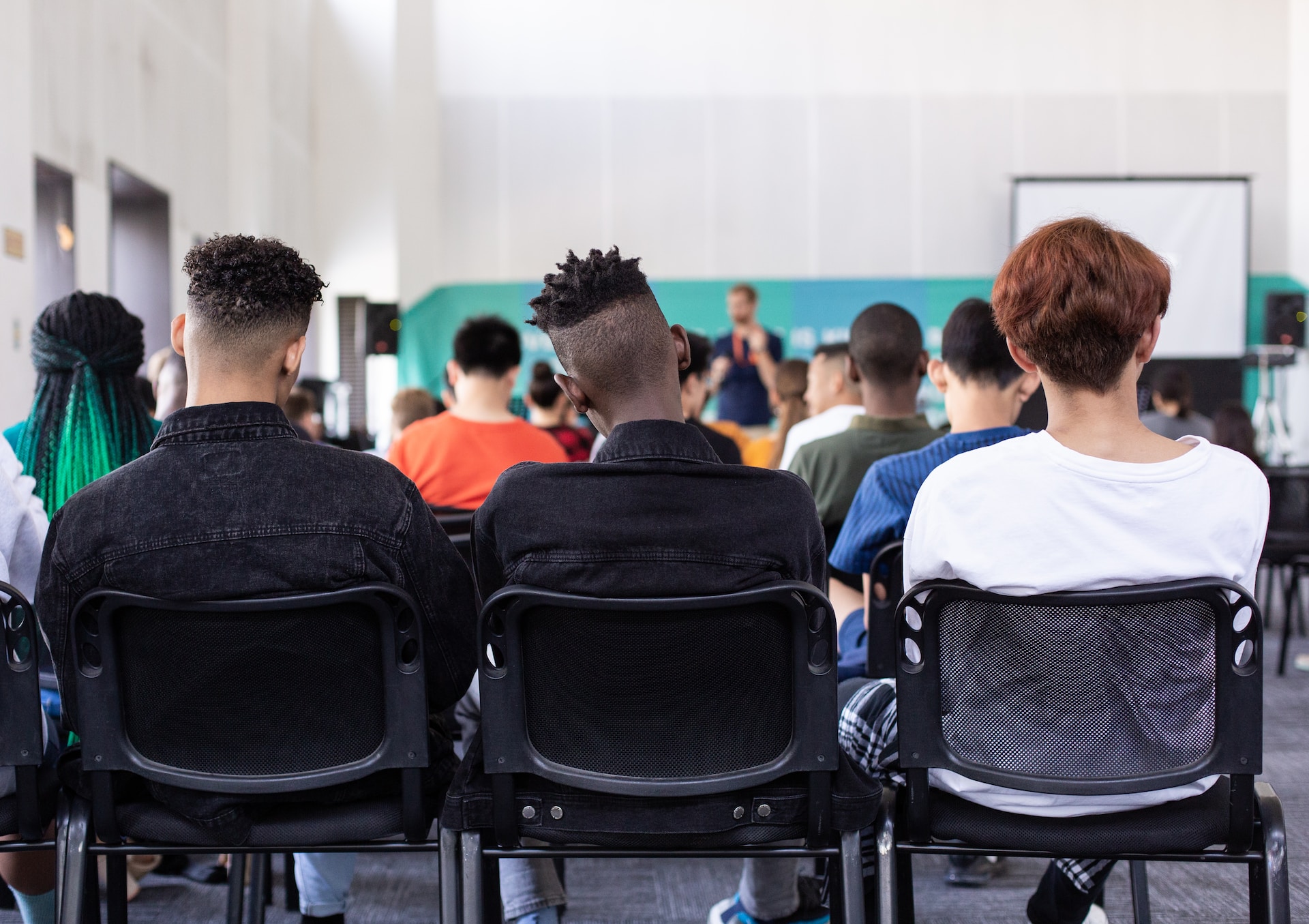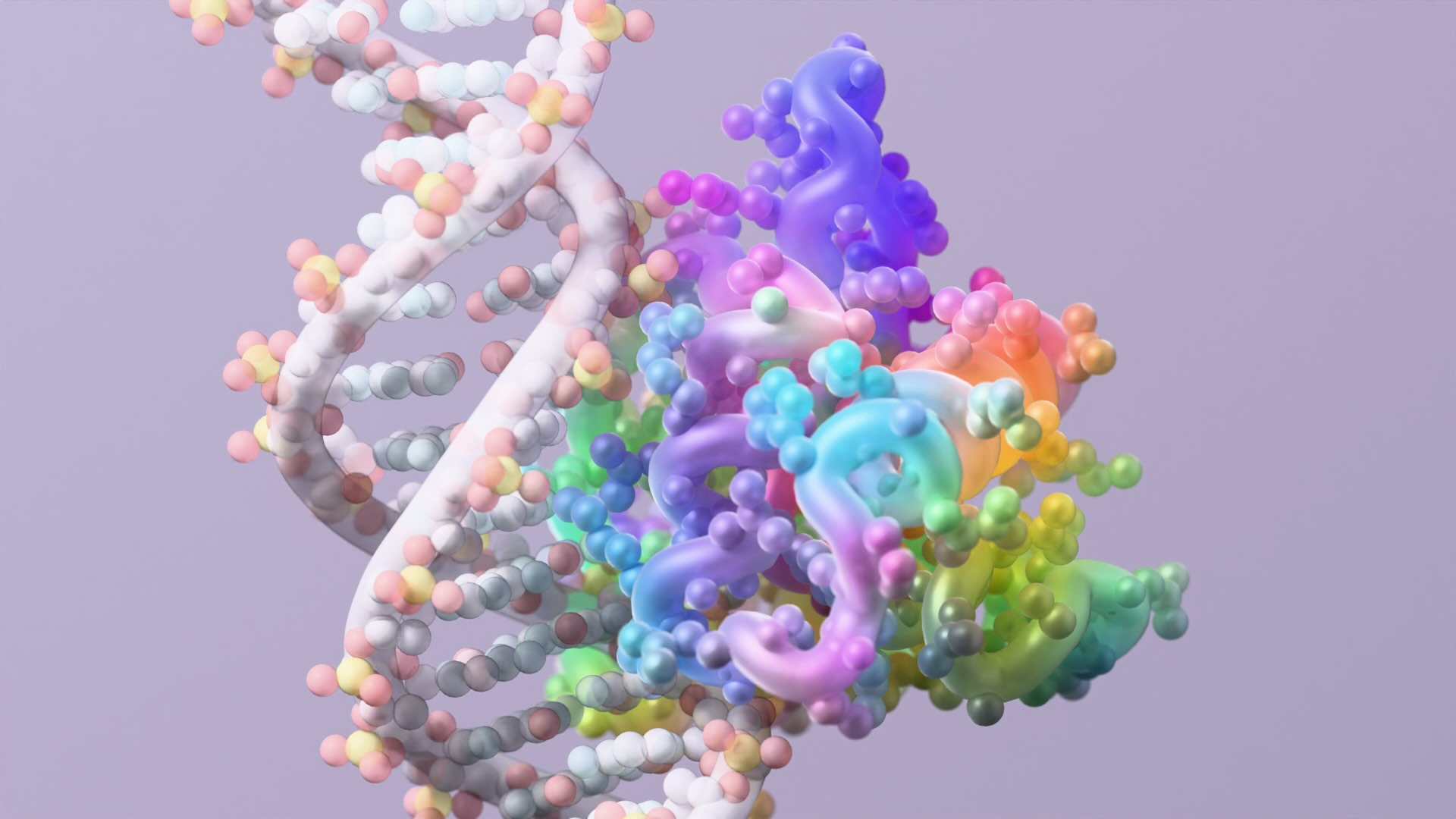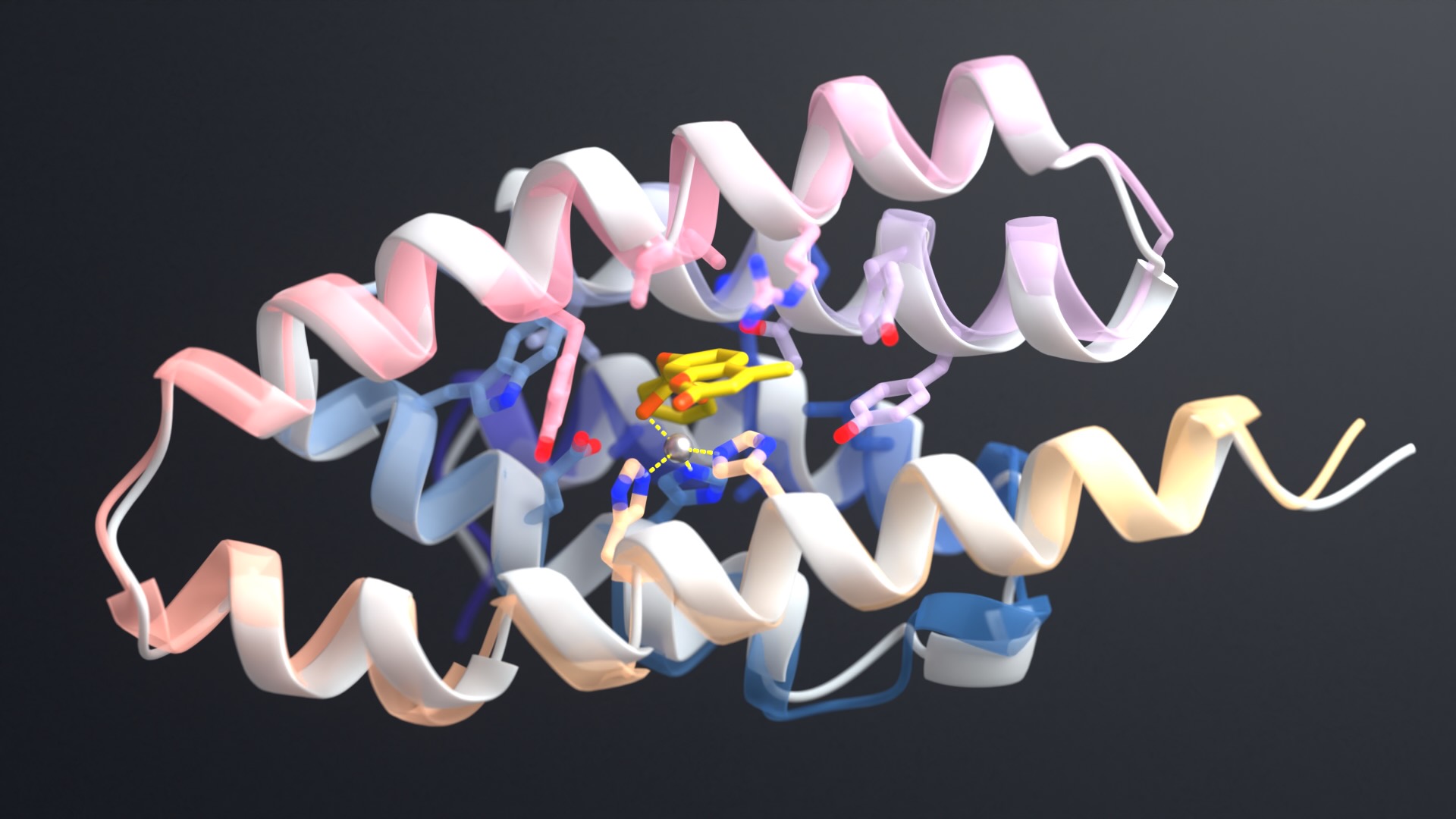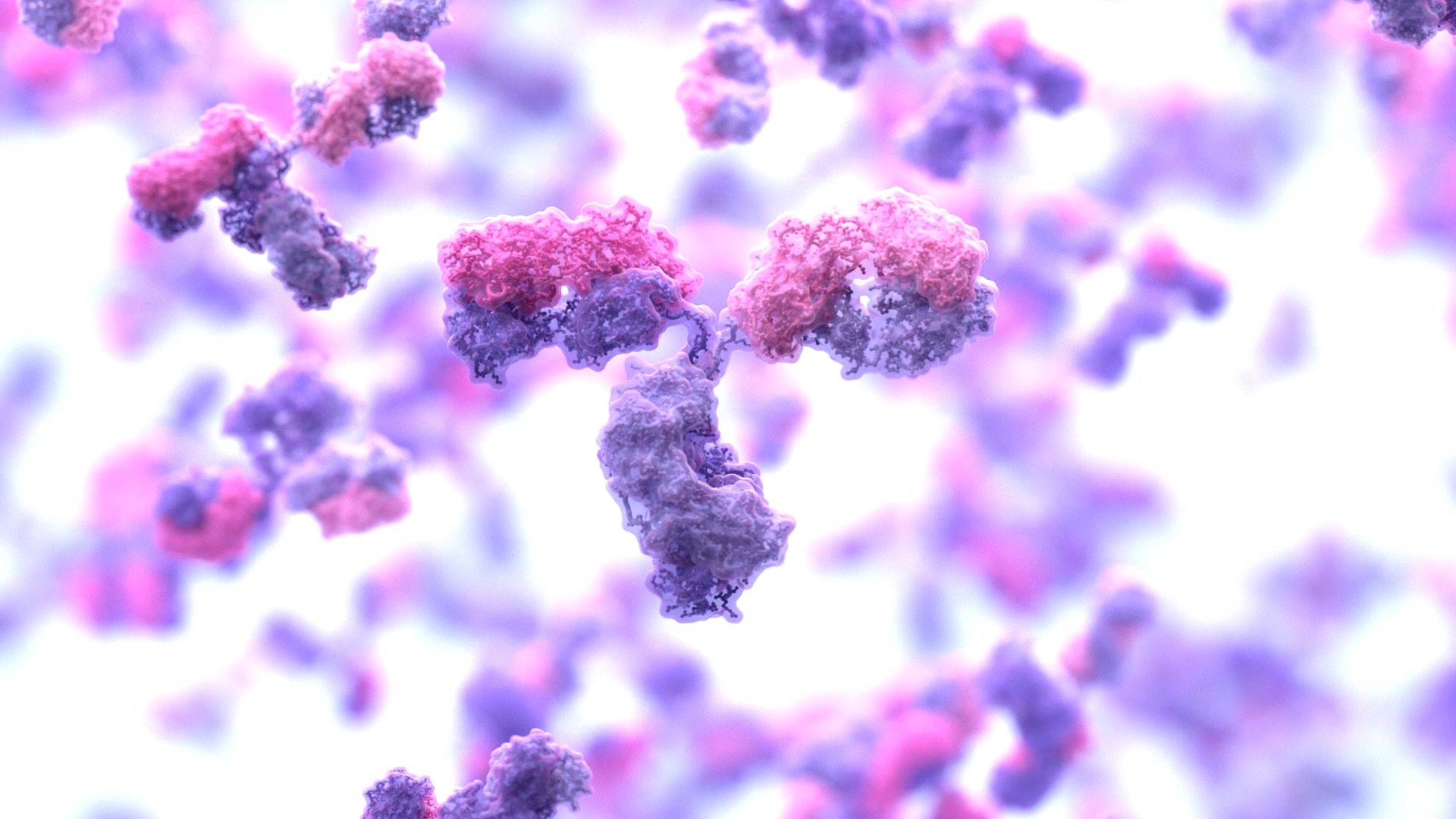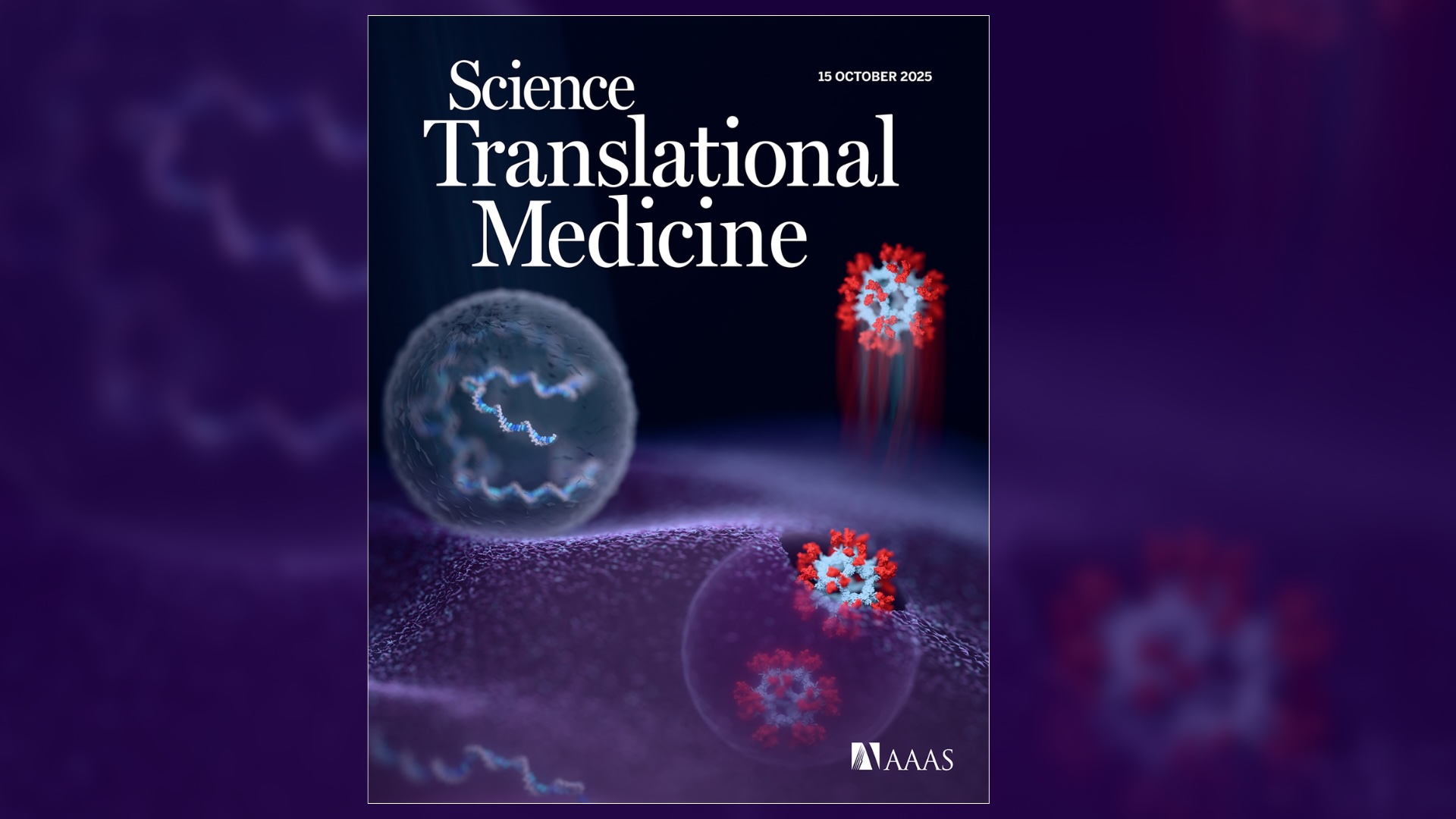Several members of our Institute recently spent a day with 60 high school students as part of the UW’s STEM camp at W.F. West High School in Chehalis, Washington.
Our goal was simple: we wanted to show students that science is more than just a subject in school—it’s a fascinating line of work that touches every part of daily life.
“High school STEM camps are a fantastic venue for us to engage with young people who may already be considering a career in science,” said Ian Haydon, one of the event organizers. “We weren’t there to teach but to inspire.”
Speaking to the power of mentorship, Meg Lunn-Halbert, a graduate student in the Baker Lab, added, “I know in high school I had a few visiting scientists come talk to us about their work, and one of them sparked my love of scientific research. I hoped that I could be that to someone else!”
The students spanned from high school freshmen to seniors, so tailoring the material was no easy task. “Instead of delving into the nitty-gritty, we chose to focus on the big ideas behind our research,” explained Ian.
The Tough Questions
IPD Translational Advisor Ingrid Swanson Pultz, PhD, found that the range of student knowledge levels was a plus: “The students helped us identify areas in the lesson plan that seemed clear to us but weren’t necessarily so for them. This helped us understand where other students might have questions.”
Students didn’t just stick to the science; they wanted to know about its broader implications, such as how biotechnology intersects with intellectual property law and government regulations.
Nate Greenwood, a Baker Lab graduate student who also participated, felt that the questions were the best part. “It was so rewarding to see them so interested and engaged,” he said.
“We will definitely build in even more time for questions next time,” said Ian.
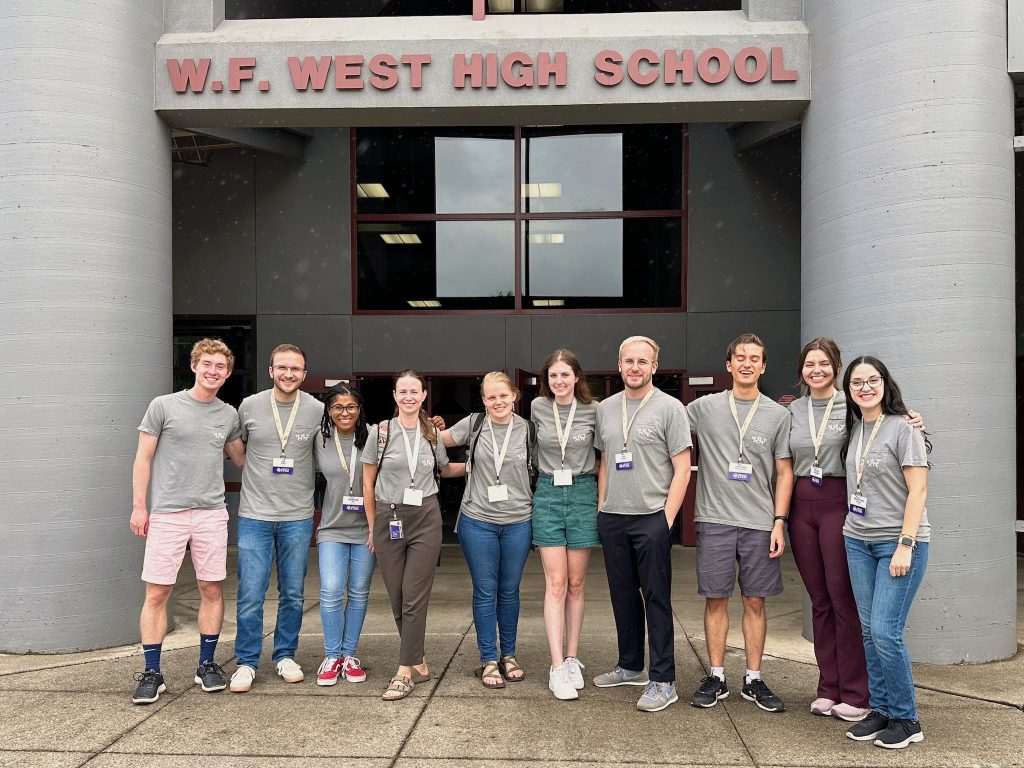
Test Tubes and Treats
Our team led the students through a range of hands-on experiments. They built their own ‘proteins’ from everyday materials, used our latest AI-powered molecular design software, and even purified real protein molecules in the lab. We thank the event organizers and school staff for their help with these activities.
“Protein purification went very well, and the kids enjoyed watching the [colored proteins] concentrate on the resin and then elute off,” said Ingrid.
We added a fun twist: an ‘Easter egg’ hidden in the lab instructions. Students who discovered the secret word ‘Rosetta’ and told an IPD member won a chocolate treat. About 40% succeeded.
Our day in Chehalis was more than just another outreach event; it was an affirmation of the boundless curiosity that resides in youth and reiterated for us the import role of science—not just in labs and academic journals, but in the communities that we hope to influence and serve.
If you’d like to learn more about our community involvement or are interested in similar collaborations, please feel free to get in touch.

